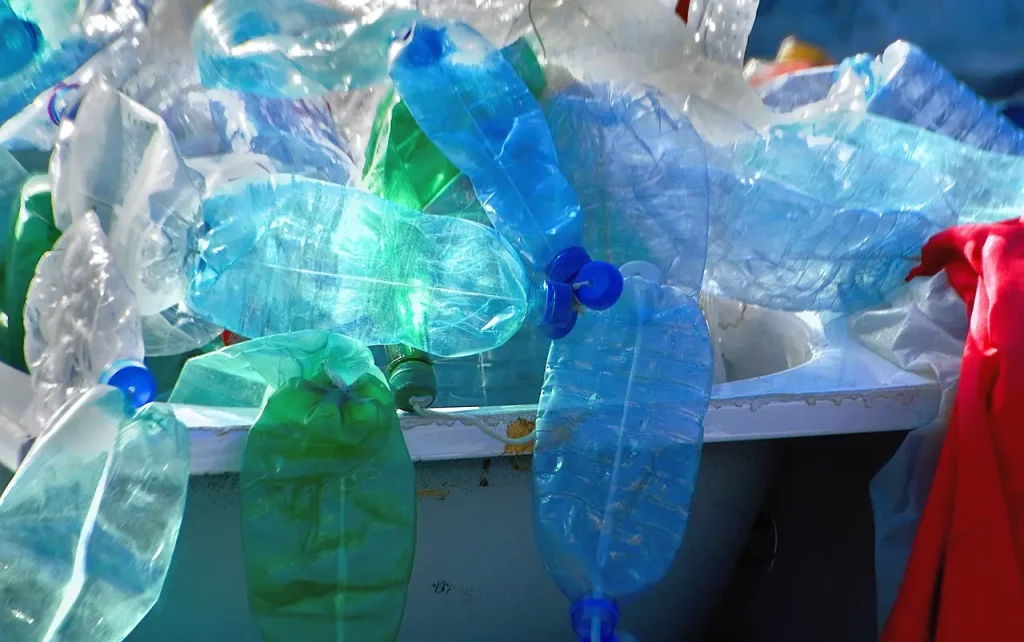Glas Istre reports that “Plastic Smart Cities Croatia” and “For Plastic Free Croatian Islands” aim to reduce plastic waste and use alternative solutions. They analyze the use of disposable plastics and waste plastic management in the local communities involved, develop and implement a “Plastic-Free Plan” with a participatory approach and workshops, as well as organize “plastic-free” public events, i.e., events and public forums aimed at raising awareness in the local population about the consequences of plastic pollution.
One of the important activities is implementing a national campaign to raise awareness of the impact of plastic pollution on the marine environment and available sustainable solutions in the island communities on Hvar and Dugi Otok. The Split Association for Nature, Environment and Sustainable Development “Sunce”is currently working on organizing workshops for networking partners and environmental organizations engaged in this topic.
It is in this project that the pioneer association “Sunce” began implementing the projects “Plastic Smart Cities Croatia” and “For Plastic Free Croatian Islands” to reduce the plastic footprint in various segments of social life in local communities by reducing the use of disposable plastic and encouraging the use of alternative solutions for plastic waste. One of their project goals is to raise the awareness of citizens and the public about plastic waste.
After the completion of the project, a final conference will be held aimed at disseminating the project results and encouraging the further reduction of plastic waste for representatives of local island authorities, national and international NGOs, local government units, representatives of the Croatian Chamber of Commerce, tourism, relevant ministries, and other stakeholders, with the message “Reduce the use of disposable plastics and look for more sustainable solutions!”, which the Sunce Split Association has been advocating for many years.
They remind that a new Law on Waste should be adopted in Croatia this year, which, among other things, contains some provisions of the EU Directive on reducing the impact of certain plastic products on the environment. At the end of last year, independently and in cooperation with other environmental protection associations in Croatia, they sent their comments on the Waste Act’s draft proposal.
They add that the European organization “Seas at Risk,” which brings together several associations dealing with protecting the marine environment, assessed last summer that the EU directive is an ambitious plan to dispose of ten non-reusable plastic items, and which can most often be found on beaches across Europe, but that its implementation into national legislation in most European countries has been halted.
The COVID-19 crisis has led to a dramatic increase in the use and the rejection of disposable plastic objects in nature.
“The Mediterranean Sea is one of the world’s most polluted seas, and half of this enormous amount of waste comes from the mainland. With 400 kilotons of waste generated annually, Croatia ranks third in the region. Hence, it is imperative to take urgent measures and raise awareness to numerous visitors about the need for urgent action, i.e., reducing disposable plastic use.
Namely, tourism has been identified as one of the key actors, so part of the awareness campaign within the “Plastic Smart Cities” project is aimed at foreign and domestic tourists, the Sunce Split Association points out.
The EU directive on plastic waste was adopted in 2019 after a trialogue, i.e., negotiations between the European Parliament, the Commission, and the EU Council. This year, all EU countries must finally implement it. The Law on Waste in Croatia should be adopted by July 3 at the latest. Croatia should also throw out disposable plastic products, namely plastic q-tips, cutlery, plates, straws, drink sticks, and balloon holders.
After adopting the directive in the European Parliament, the then Croatian MEP Davor Škrlec from the Green Group said that the directive should be used to encourage change for us as a society to produce less garbage and become sustainable.
“If we do not change our attitude towards production, consumption, and waste, the human species will become consumable like a disposable coffee cup. This directive will help us abandon disposable plastics on the road to less consumption, better designed reusable products, more innovation, and a cleaner environment,” Škrlec said then.
The directive also includes provisions for the disposal of cigarette butts, which are a significant polluter, the objectives of collecting beverage bottles, and the requirement to redesign beverage stoppers to connect them to bottles. The directive also includes national targets for reducing the consumption of plastic cups and food containers, and ultimately a total ban on oxo-degradable plastics often referred to as biodegradable but in reality fragmented into microplastics.
Disposable plastic products and fishing gear together account for 70 percent of Europe’s marine litter, so it is expected that Europe’s seas will be significantly cleaner by implementing the directive.
According to the Commission, the directive will bring many benefits for the environment and the economy. Environmental damage would be avoided, costing €22 billion by 2030, and saving consumers up to €6.5 billion, with an adjustment cost estimated at €3.2 billion for manufacturers.
At the end of last year, the Commission adopted new rules on the import and ban on exports of plastic waste to third countries that do not have the capacity to manage it in a sustainable way, which is one of the main points of the European Green Plan and EU Circular Action Plan.
To read more about lifestyle in Croatia, follow TCN’s dedicated page.











